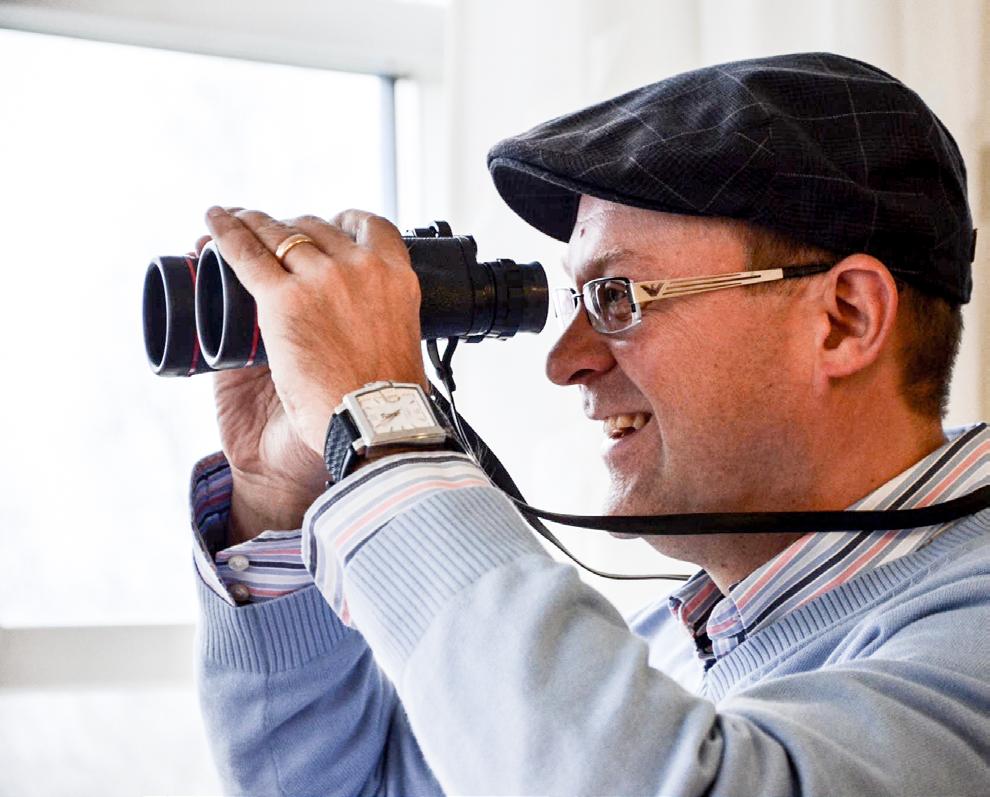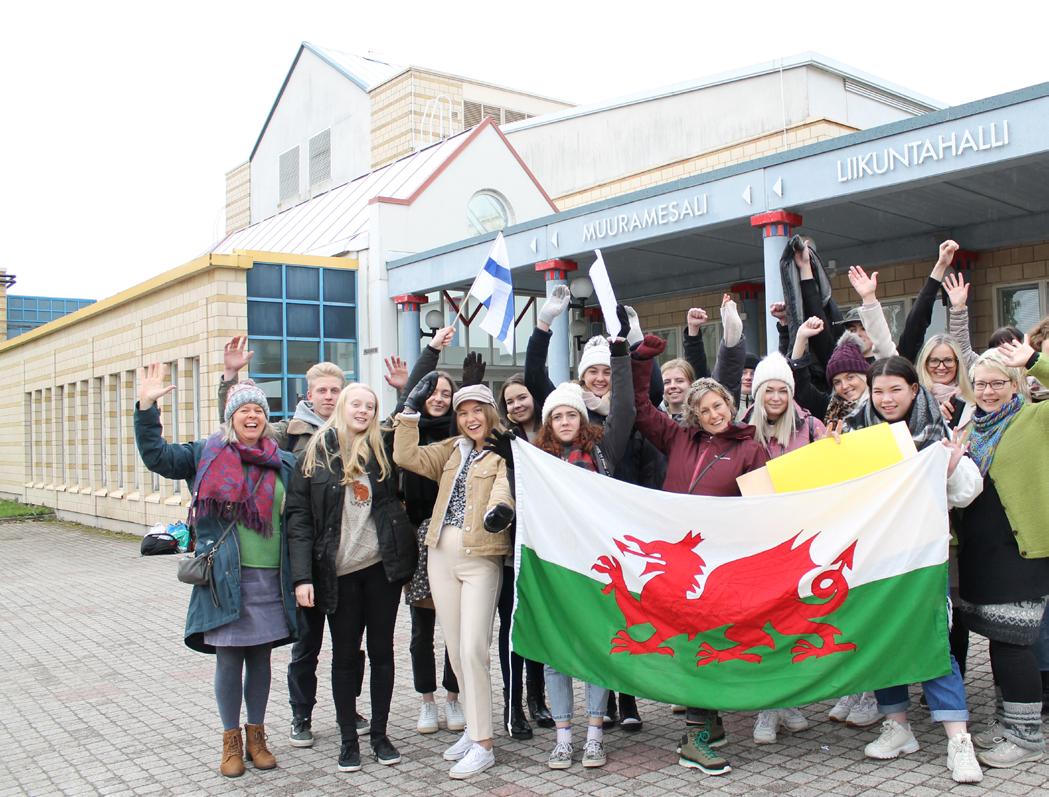
3 minute read
Aki Puustinen
Entrepreneurship & sustainable development are a perfect match!
CASE Muurame Upper Secondary School – Interviewing headmaster Aki Puustinen
Advertisement
Muurame Upper Secondary school was the first school in Finland to receive the OKKA foundation’s certifice certificate for sustainable development in 2005. Sustainable development and entrepreneurship have been a focal point in the school since its founding in 1995. In 2003, the cooperative Kisälli was founded as a learning platform for young people that allows them to experiment with entrepreneurship and develop their own projects. - We put learning first and mistakes are allowed. Every upper secondary school in Finland should have a cooperative, says Aki Puustinen, headmaster at Muurame Upper Secondary School.
Sustainable development can be seen at the school in many forms; in hallways, students’ everyday lives, the teachers’ lounge and in its culture of leadership. The students have a team that organizes events related to sustainable development. Teachers have their own equivalent team that operates on the principle of shared leadership.
The school's goal for the next three years are themes of climate change and sustainable lifestyles, which are approached through the topics of food production, clothing and technology. These topics are examined annually in relation to oneself, others and the entire world. Self-evaluation is also performed annually, and official assessments are performed every three years.
One of the highlights of the school’s operation is the annual forest outing participated in by the whole school. Students are taught common forest skills, first-aid skills, in addition to which there is accommodation in tents and training in searching for lost persons in cooperation with local organizations. Students have their own tent teams that they themselves lead. It is essential for teachers not to interfere, but to trust in students’ leadership. Leadership can only be learned by leading, says Puustinen.
Evaluation changes pedagogics!
Developing teachers’ know-how is also emphasized. Puustinen's personal goal is to be the “school’s best student” in this regard. The sustainable development certificate functions as a sort of guidebook for internalizing the significance of its themes. One mutual goal is continuous networking.
– Every week we either get visitors at the schools or make visits to companies. Networking keeps things dynamic. Development is achieved within networks, which is why we enable contacts and places to do things in for each student, says Puustinen.
He recounts an example of a headmaster from an Indian school who was looking for a place in Europe to get to know. Puustinen answered the message, and so far six groups from India have already visited Muurame. This encounter also kickstarted the school's export of education. Student exchanges are also a way to create international networks. A good example of this is JAPA’s and 4H's ReWi Visions project partnership.
Focusing on the quality of meetings
Meetings and dialogue have became a mainstay Muurame upper secondary school’s culture. There is a story going around in the school about a salesman who was stopped four times on his short way from the school's doors to the teacher's lounge. He said he had never experienced anything like it, and commented that “there is something very special about this school”.
“The goal set by our staff is to make every encounter between teachers, students and guests meaningful. Good things come about when the importance of meetings is stressed: a school secretary should pause their work when a student comes to visit, guests are greeted and strangers are asked how they can be helped. Even when talking about unpleasant things, the goal is to have two winners come out. Globalization means that we will meet again”, says Puustinen.










